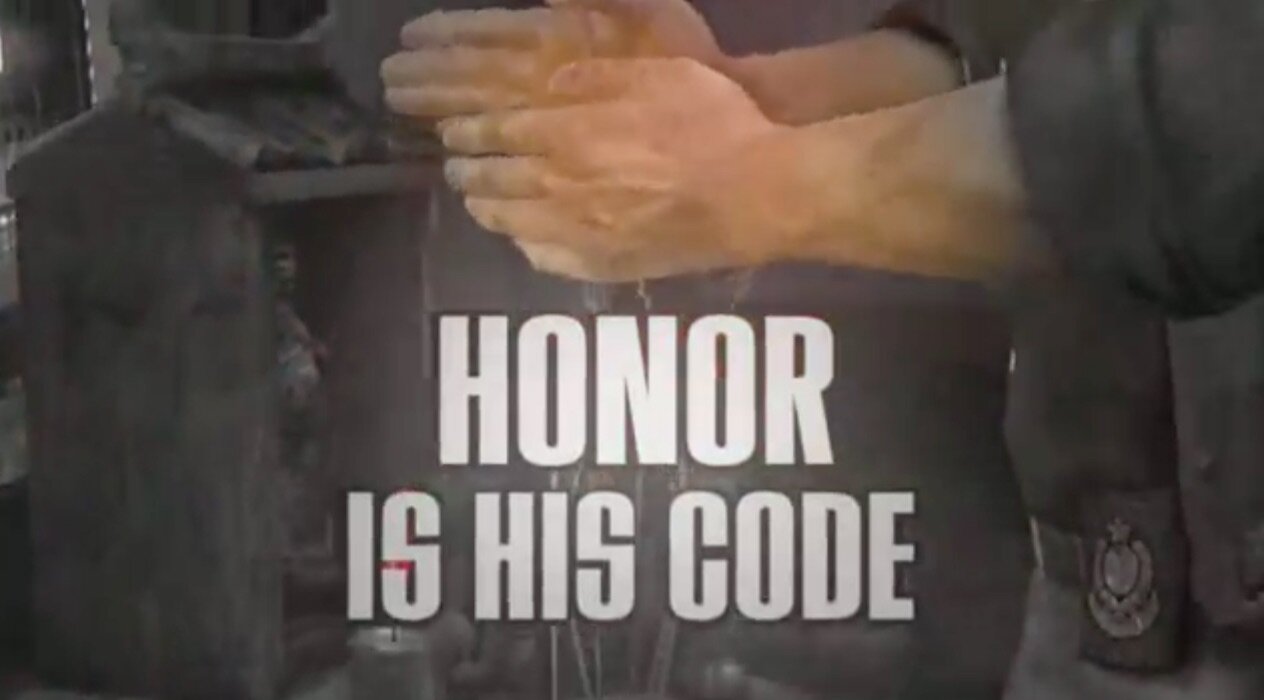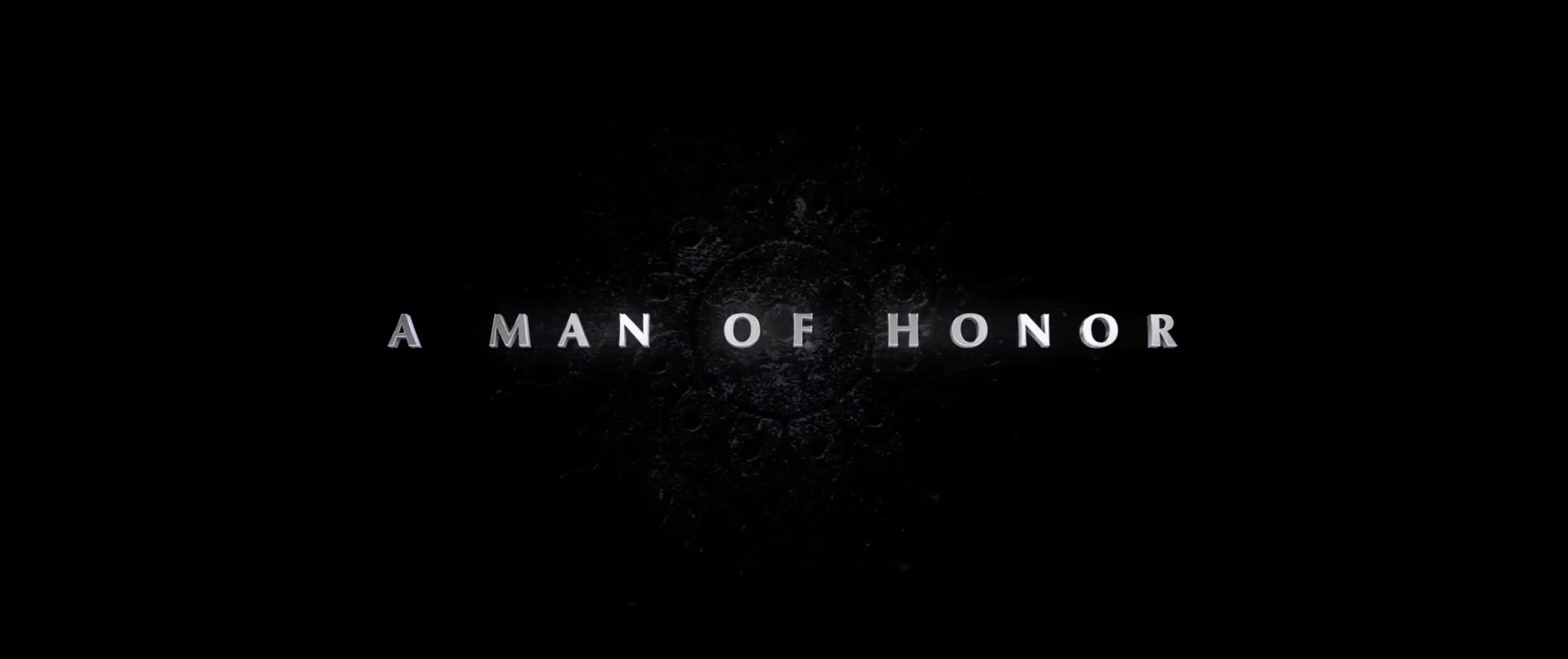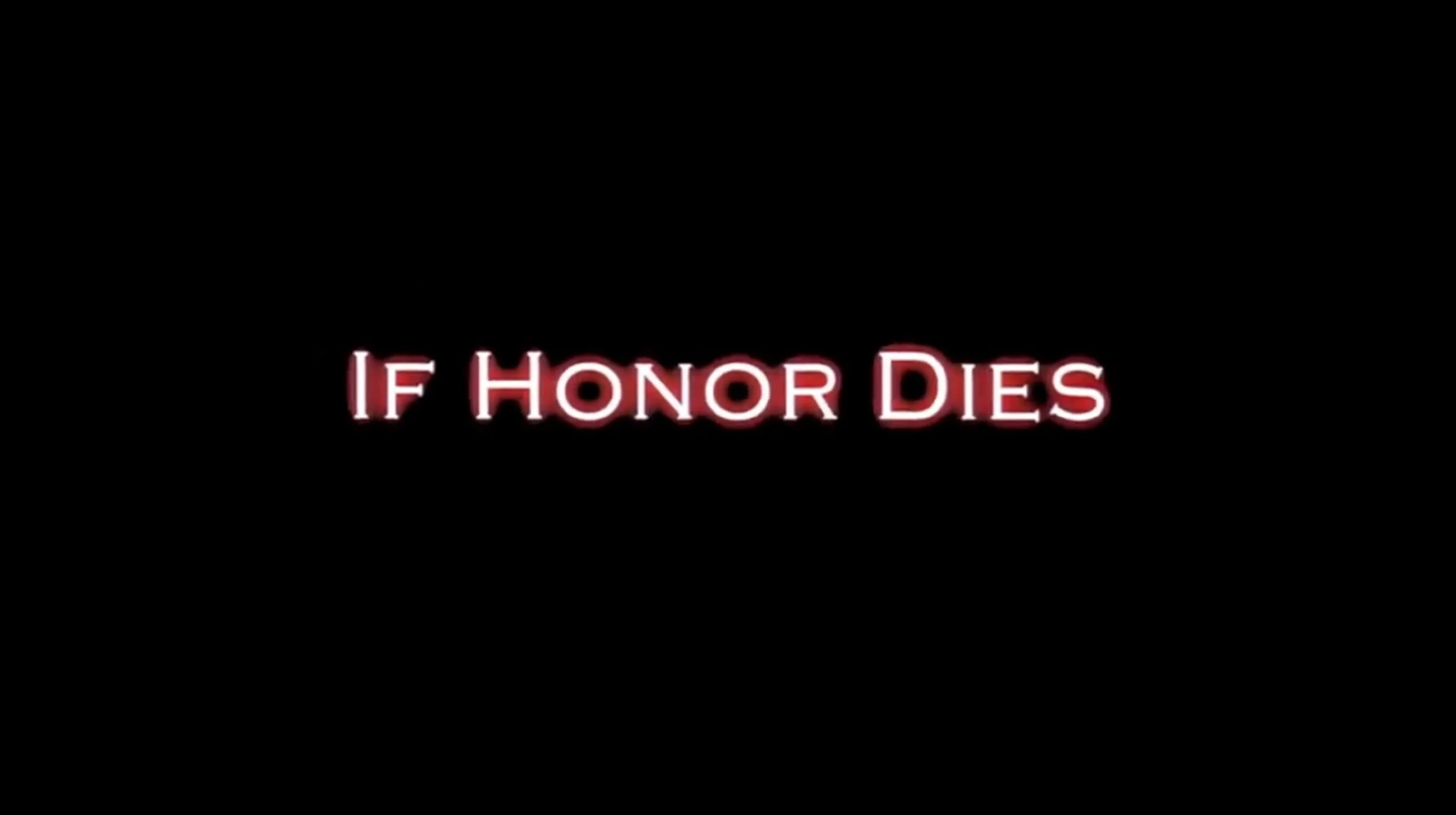How Trailers Sell Asia
Let's talk about trailers for movies and games with Asian characters or Asian settings. Asian representation in the Western has historically been pretty dismal. Only in very recent years we've seen more Asian representation as filmmakers of Asian decent get behind the camera. New ground was broken this year with Minaribeing nominated for six Academy Awards including Steven Yeun being the first Asian to be nominated for Best Actor! Though this is after the Golden Globe Awards disqualified it for anything other than "Foreign Language Film" on the grounds that the majority of spoken dialogue was in Korean (despite it being an American made film)
There have been a number of other prominent films with Asian American actors like: The Farewell, Always Be My Maybe, and of course the mainstream hit Crazy Rich Asians. I think these films are doing a great job of chipping away at a long history of stereotypical Asian characters in Western media, and I hope that going forward we continue seeing more and more of these unique stories and fewer of the worn out cliches.
I was born in Massachusetts; my parents are from Taiwan. While growing up I'd always get excited to see Asian characters in movies whether in American films or just seeing some of my favorite Hong Kong films get domestic releases so I could see them on the big screen. Actually, let me retract some of that. I'd always get cautiously optimistic whenever I saw Asian characters in films, because frankly most characters fell into a few stereotypes.
In fairness, this is the trailer for the Jet Li game Rise to Honor.
Asian men in Western media are typically: martial artists, laundry workers, restaurant workers, doctors, scientists, and foreign tourists. Asian women are usually "exotic" love interests, sex workers, edgy girls with a streak of purple in their hair, or evil dragon-lady villainesses.
Just as formulaic as the stories are a lot of the trailers for these domestic and foreign films and games. Whenever I start watching a trailer for either an American film or game with Asian characters (where it feels pretty clear it's not made by Asian American filmmakers) or an Asian film being released in America, my brain starts a timer. I'm thinking to myself:
"How long will it take for them mention 'honor'?"
Seriously, it's THAT predictable.
Trailer narration/copy + Asian People = Honor
Here's a non-exhaustive list of trailers for films and games I cobbled together with either voiceover, dialogue or title cards which mention honor:
This is from John Woo’s Stranglehold.
Frankly, a lot of this is largely because talk of honor is built into the story or dialogue from the movie or game itself. I cannot speak for other Asians, but honor is not something which has ever been a concept in my life, or even when watching films made in Asia. At least, not to the same degree as it appears in Western media. The only characters in Western media who mention honor more are the Klingons from Star Trek: The Next Generation and on (this video essay does a great job breaking down the use of the word “honor” in Western media.) One idea I've long held onto is that I'll know when I think Asian representation is better when I feel like it's difficult to count the number of Asian men I've seen on film kissing anyone (Incidentally, the history of Asian men in film not "getting the girl" is as old as film itself)
The concept of "face," as in "Saving Face" sometimes comes up in dialogue in films made in Asia, but even that tends to be something not spoken about aloud, just something which is so part of the culture it's understood to be a thing. To its credit, the 2012 game Sleeping Dogs incorporated the concept of face into the game's mechanics. I thought that was pretty darn cool; it added some nice flavor and felt authentic.
Now, it is certainly possible to have good, non-stereotypical Asian American representation in Western media even if the people behind the camera are not Asian. One of my favorite films with Asian American characters is Harold and Kumar Go to White Castle; the writer are both white, Jewish men who happened to have friends of whom they based Harold and Kumar. Rachel Bloom's TV series Crazy Ex-Girlfriend featured a hunky, Filipino himbo named Josh because where she grew up she knew guys like him.
From the Keanu Reeves film Man of Tai Chi.
The problem is, because a lot of these films and games all pull from the same tired stories and archetypes, they all feel very homogenous, and their marketing follows suit. I've mentioned before that a big part of good marketing is knowing your audience and making them feel seen. As an Asian American, when I encounter the marketing for these films and games I don't so much feel seen as much as I feel: "This is how they see me."
This is why it's important and so meaningful to either have Asians in charge of their own stories or at the very least serving as consultants. Someone's lived experience can create authenticity and specificity with so much ease when compared to just some white guy trying to imagine up a story. For example, here are a few things which would almost instantly tell me "SOMEONE behind the scenes was Asian" (some I've seen in movies or games)
Characters bringing tupperware full of food to the airport
A dishwasher being used as a drying rack
A stove top covered in aluminum foil
An entryway full of shoes and slippers
The somewhat awkward run of title cards up to the title card for Romeo Must Die.
All this to say, diversity in people making creative decisions is important and makes things better. Everyone has their blind spots and the things they can see all too clearly. Years of watching these trailers helps me know that the word "Honor" has been worn to death. Associating honor with Asian characters is such a stereotype that it feels like all I can hear is: "THE WRITERS ARE NOT ASIAN." Also, if you're not of Asian descent, you should want to tell better stories or make marketing which doesn't fall into these clichés. But seriously, there's no lack of Asian talent in the world, you just have to work with them.
Advice
Here’s my advice if you’re working on a trailer for a film or game with Asian characters or an Asian setting.
Get multiple Asian perspectives!
This goes for test audiences and creatives working on the trailer (though don’t pigeon-hole Asian creatives as only being qualified to do Asian stories). Also, Asians are not a monolith; one Asian person might have little to no knowledge to contribute to a project depending on its region of origin. For example, I have a lot of perspective on Chinese culture and some on Japanese, but very little about Vietnamese or Malaysian.
Asia is HUGE and much bigger than the ones most in pop culture like Chinese, Japanese, and Korean. There’s also Southeast Asia with countries like Thailand, VIetnam, Malaysia, The Philippines and of course South Asia with India, Pakistan and surrounding countries.
Use the source material as a guide for what to put into the trailer
Frankly, if a movie or game uses the word “Honor” as a catchphrase for its Asian characters, I want to know. That lets me know what kind of writing to expect (and will probably send me to IMDB to check whether or not there were any Asian writers on the team.)
But if the film or game does NOT use “Honor” as a catchphrase, then reconsider including it in your copy, because if your first instinct is to include it, that means it’s not coming from the text, it’s coming from you and the media you’ve soaked up over the years. This is why when making scripts for my trailers I try to pull from the text as much as possible and include my own words a little as possible. That way I feel safer thinking the text will be speaking for itself rather than me imposing my voice on it.




